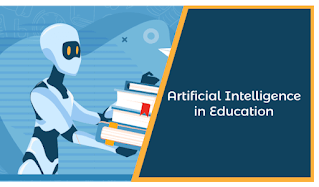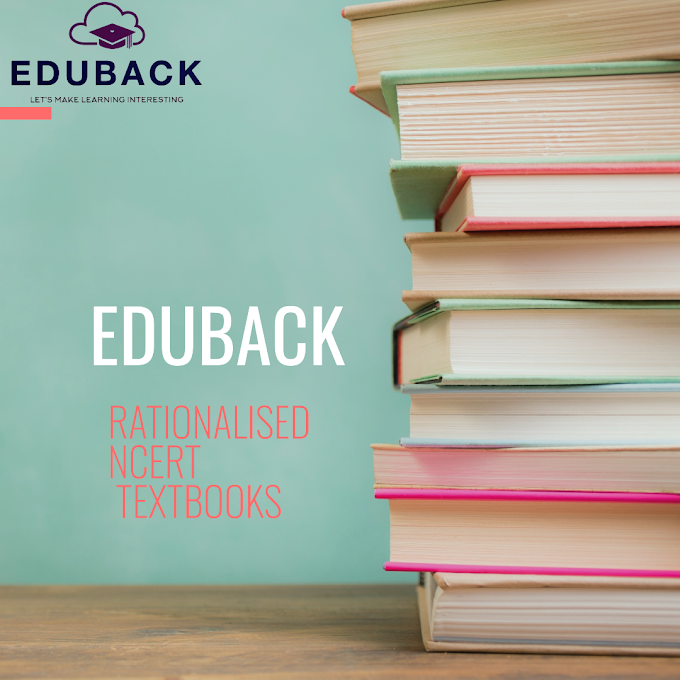The Role of Artificial Intelligence in Education: Revolutionizing Learning Experiences
Artificial Intelligence (AI) has emerged as a transformative force in the field of education, offering a wide array of benefits and opportunities for students, educators, and institutions alike. By harnessing the power of AI technologies, educational systems can revolutionize traditional teaching methods, personalize learning experiences, and optimize administrative processes. Let's explore in detail the multifaceted role of AI in shaping the future of education:
Personalized Learning: Tailoring Education to Individual Needs
One of the most significant impacts of AI in education is its ability to personalize learning experiences. Through sophisticated algorithms and data analytics, AI can analyze student performance data, learning styles, and preferences to create customized learning paths. This personalized approach ensures that each student receives tailored content, pace, and support, leading to increased engagement, motivation, and knowledge retention.
Adaptive Learning Platforms: Enhancing Student Engagement and Mastery
AI-powered adaptive learning platforms are revolutionizing the way students interact with educational content. These platforms use AI algorithms to adjust the difficulty level of tasks, provide real-time feedback, and offer personalized recommendations based on individual progress. By adapting to each student's learning pace and style, adaptive learning platforms foster a dynamic and interactive learning environment that promotes mastery and deeper understanding of concepts.
Intelligent Tutoring Systems: Providing Personalized Support and Feedback
Intelligent Tutoring Systems (ITS) leverage AI technologies to provide students with personalized support and feedback. These systems can simulate one-on-one tutoring sessions, offering individualized instruction, practice exercises, and assessments tailored to each student's needs. By providing immediate feedback and adaptive learning experiences, ITS help students build confidence, improve problem-solving skills, and achieve academic success.
Data-Driven Decision Making: Optimizing Educational Outcomes
AI enables educators and administrators to make data-driven decisions that enhance educational outcomes. By analyzing vast amounts of student data, AI systems can identify trends, patterns, and areas for improvement, enabling educators to design targeted interventions, track student progress, and optimize teaching strategies. This data-driven approach empowers educators to deliver personalized instruction, support student success, and continuously improve the quality of education.
Ethical Considerations and Challenges: Ensuring Responsible AI Implementation
While the potential benefits of AI in education are vast, there are ethical considerations and challenges that must be addressed. Educators and policymakers must prioritize student privacy, data security, and ethical AI use to ensure that AI technologies are deployed responsibly and transparently. Additionally, there is a need to address concerns about algorithmic bias, student autonomy, and the impact of AI on teacher-student relationships to create a balanced and inclusive learning environment.
Future Prospects: Embracing Innovation and Collaboration
As AI technologies continue to evolve rapidly, the future of education holds immense potential for innovation and collaboration. Educators, researchers, and technology developers must work together to explore new applications of AI in education, design ethical frameworks for AI use, and empower students with the skills and knowledge needed to thrive in a digital age. By embracing innovation, collaboration, and responsible AI implementation, educational institutions can unlock new possibilities, improve learning outcomes, and prepare students for the challenges of the future.
In conclusion, AI is not a substitute for human teachers but a powerful tool that complements their expertise and enhances the learning experience. By embracing AI technologies responsibly and ethically, educational systems can create inclusive, personalized, and engaging learning environments that empower students to reach their full potential. As we navigate the evolving landscape of AI in education, it is essential to prioritize student well-being, equity, and the preservation of the unique role that teachers play in shaping young minds. By harnessing the transformative power of AI, we can pave the way for a future where education is accessible, engaging, and empowering for all.






